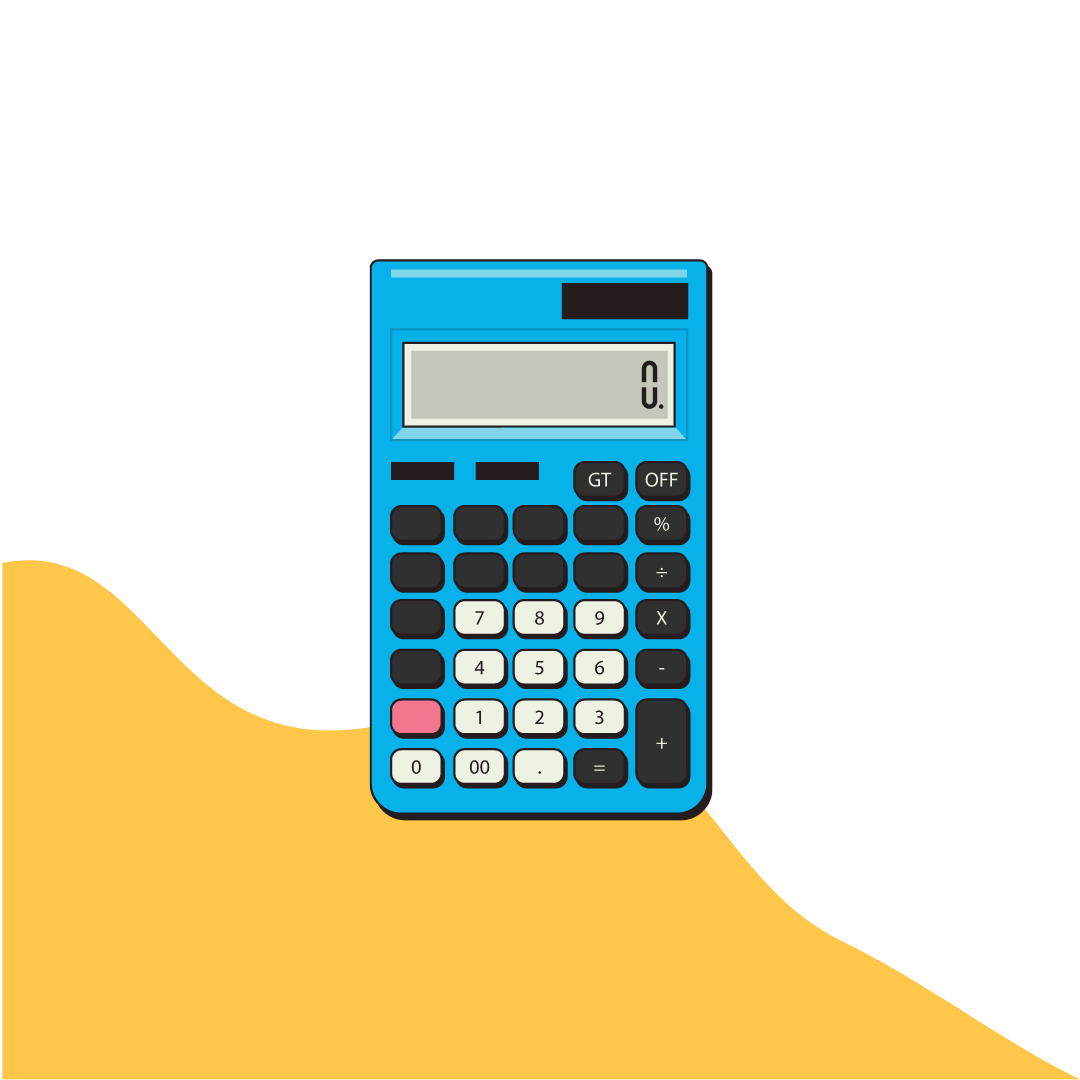Company Directors' Pensions: In-Depth Guide to Thresholds & Tax Efficiency in the UK
As a UK company director, optimising your pension contributions is vital for securing a comfortable retirement and minimising your tax liability. This comprehensive guide dives deeper into the essential thresholds and tax implications, focusing on maximising tax efficiency and catering to regional nuances.
Annual Allowance: The Cornerstone of Pension Contributions
Standard Annual Allowance: £60,000
You can contribute this maximum amount to your pension each tax year and still receive tax relief. It encompasses personal and employer contributions, including any tax relief added by the government.
Tapered Annual Allowance: High Earners Beware
If your 'threshold income' surpasses £200,000 and your 'adjusted income' exceeds £260,000, your annual allowance is subject to tapering. It reduces by £1 for every £2 of adjusted income above £260,000. However, it cannot fall below a minimum of £10,000, ensuring even high earners can still make significant tax-advantaged contributions.
Carry Forward: Unleashing Unused Allowance
If you haven't maximised your annual allowance in previous years, you can carry forward any unused amounts from the past three tax years. This allows you to contribute beyond the current year's limit and benefit from tax relief. However, you must have been a member of a qualifying pension scheme and earn at least the amount you wish to contribute in the current tax year.
Lump Sum Allowances: Tax-Free Withdrawals
Lump Sum Allowance: 25% Tax-Free
Typically, you can withdraw up to 25% of your pension pot as a tax-free lump sum. However, the maximum you can receive tax-free is capped at £268,275 unless you have protected rights that allow for a higher amount.
Lump Sum and Death Benefit Allowance: Exceptional Circumstances
In specific situations, like serious ill health or upon death, you or your beneficiaries may be eligible for a tax-free lump sum of up to £1,073,100.
Maximising Tax Efficiency
Corporation Tax Relief: A Company's Advantage
Employer contributions to your pension are treated as an allowable business expense, reducing your company's Corporation Tax liability. The tax relief ranges from 19% to 25%, depending on your company's profit levels.
Prioritising Pension Contributions: The Smart Choice
Contributing to your pension often proves more tax-efficient than increasing your salary or taking dividends. Employer contributions bypass Income Tax, National Insurance, and dividend tax, providing substantial savings.
Dividend Income & Pensions: Proceed with Caution
While you can make personal contributions from dividend income, it's generally less advantageous as you won't receive tax relief. It's usually more beneficial to contribute from your salary.
State Pension: The Foundation
You need 35 qualifying years of National Insurance contributions to qualify for the full State Pension. However, even the full amount is unlikely to suffice for a comfortable retirement, highlighting the importance of a private pension.
Regional Variations: Scotland
In Scotland, higher-rate taxpayers can claim additional tax relief through their Self Assessment tax return:
1% on income taxed at 21%
22% on income taxed at 42%
25% on income taxed at 45%
28% on income taxed at 48%
Key Takeaways & Recommendations
Prioritise your pension: Establishing a director's pension is paramount for tax efficiency and retirement planning.
Seek expert guidance: Consult an accountant or financial advisor to navigate the complexities and tailor a pension strategy that aligns with your financial goals and circumstances.
Stay informed: Pension rules and thresholds can change. Stay updated to make the most of available tax benefits.
This guide offers a detailed overview, but personalised advice is crucial. Take proactive steps today to secure your financial future.



